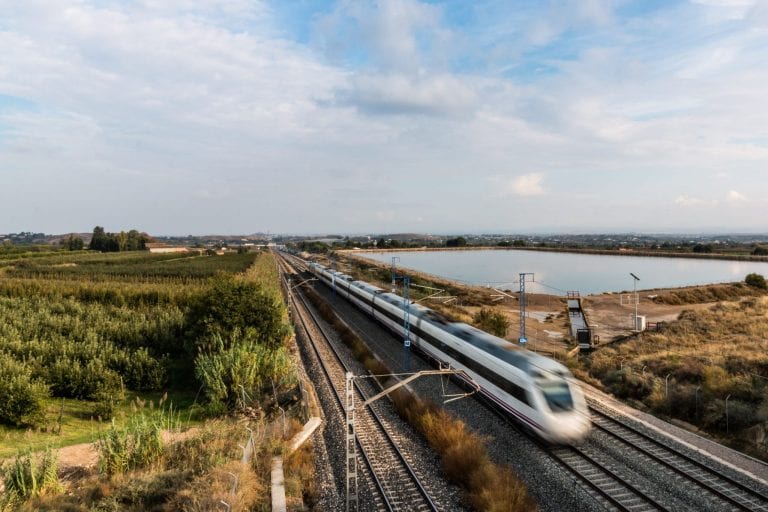
The convergence of the metaverse and the physical world is becoming increasingly indistinguishable, presenting novel challenges and opportunities. Amid ongoing debates about the legal aspects of cryptocurrencies, a new frontier emerges as anyone with internet access can now acquire digital land and real estate in the metaverse through Next Earth. This Earth-based metaverse mirrors the world map, resembling familiar features seen on Google Earth or Google Maps.
Next Earth stands as a metaverse platform driven by the principles of web3 and artificial intelligence, striving to create a fair digital existence for users worldwide. Surpassing competitors like Sandbox and Decentraland, Next Earth boasts more than 47,000 landowners and 303,000 registered users. The platform’s foundation rests on four pillars: economy, population, environment, and governance, all within an Earth-based metaverse structure.
Users have the ability to purchase virtual land as Non-Fungible Tokens (NFTs), which can be linked to web2 businesses or utilized to develop applications using the Next Earth Operating System. The platform’s native currency, NXTT, facilitates land acquisitions, long-term token holdings, and fuels its intricate ecosystem. Additionally, Next Earth provides a launchpad for startups to release their tokens within the platform’s economy.
David Taylor, co-founder, and chief product officer of Next Earth emphasizes the platform’s mission to empower consumers with ownership and agency over their data. Landowners play a crucial role by contributing geo-data to their land, opening opportunities for monetization when accessed by location-based businesses.
“The whole point of creating Next Earth is for us to create a fair digital life for consumers, which means ownership and agency over their data,” Taylor said, per reports. “Geo-data is a very important aspect of the land, and that is where the landowners come in. So everybody who bought land on Next Earth, we are providing them more and more tools and things like resources, different entities they can create to basically fill their land with data.
Landowners can generate revenue by selling or renting their virtual properties for various digital development projects, including NFT art, online businesses, and future augmented or virtual reality experiences. The value of properties is steadily rising as users and investors immerse themselves in Next Earth’s metaverse, offering diverse opportunities for game developers, real estate agents, marketing teams, and everyday consumers.
Next Earth also introduces a work-to-earn system, allowing users to earn rewards or money by completing tasks such as participating in community events or contributing to the platform’s development. The Land Art program encourages artists to create unique digital pieces displayed on virtual land, enhancing the personalized experience for users.
With a robust marketplace facilitating the buying and selling of digital assets, including land and NFTs, Next Earth embodies a comprehensive web3 metaverse platform. Putting the consumer back in control of their data, it champions accessibility and inclusivity, aiming to redefine the virtual world.
As the lines between the physical and digital realms blur, Next Earth envisions a future where experiences seamlessly coexist across both landscapes. Virtual land, in the words of David Taylor, is emerging as the new Facebook business page, offering users a dynamic and immersive alternative to engage with the world.






